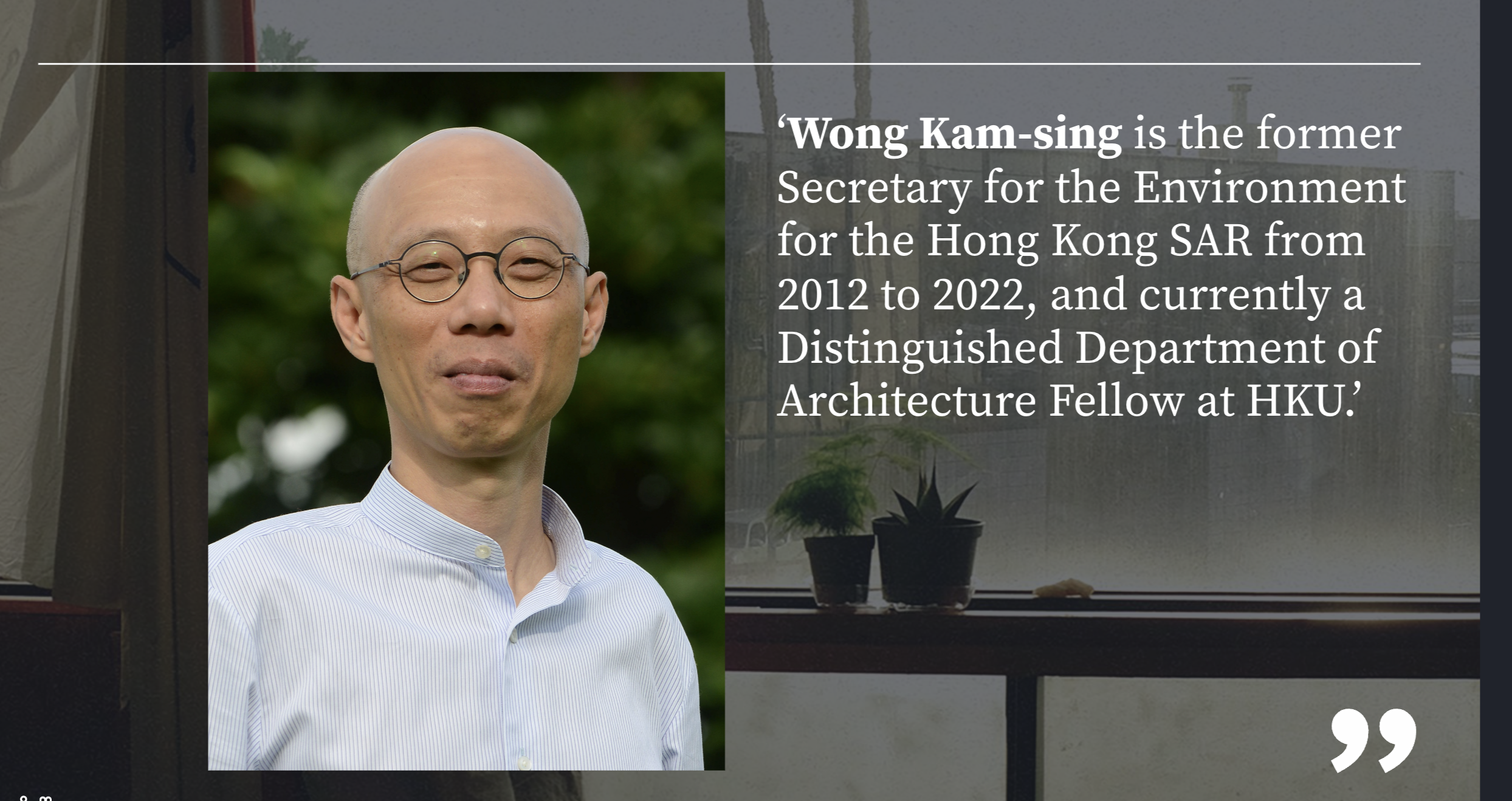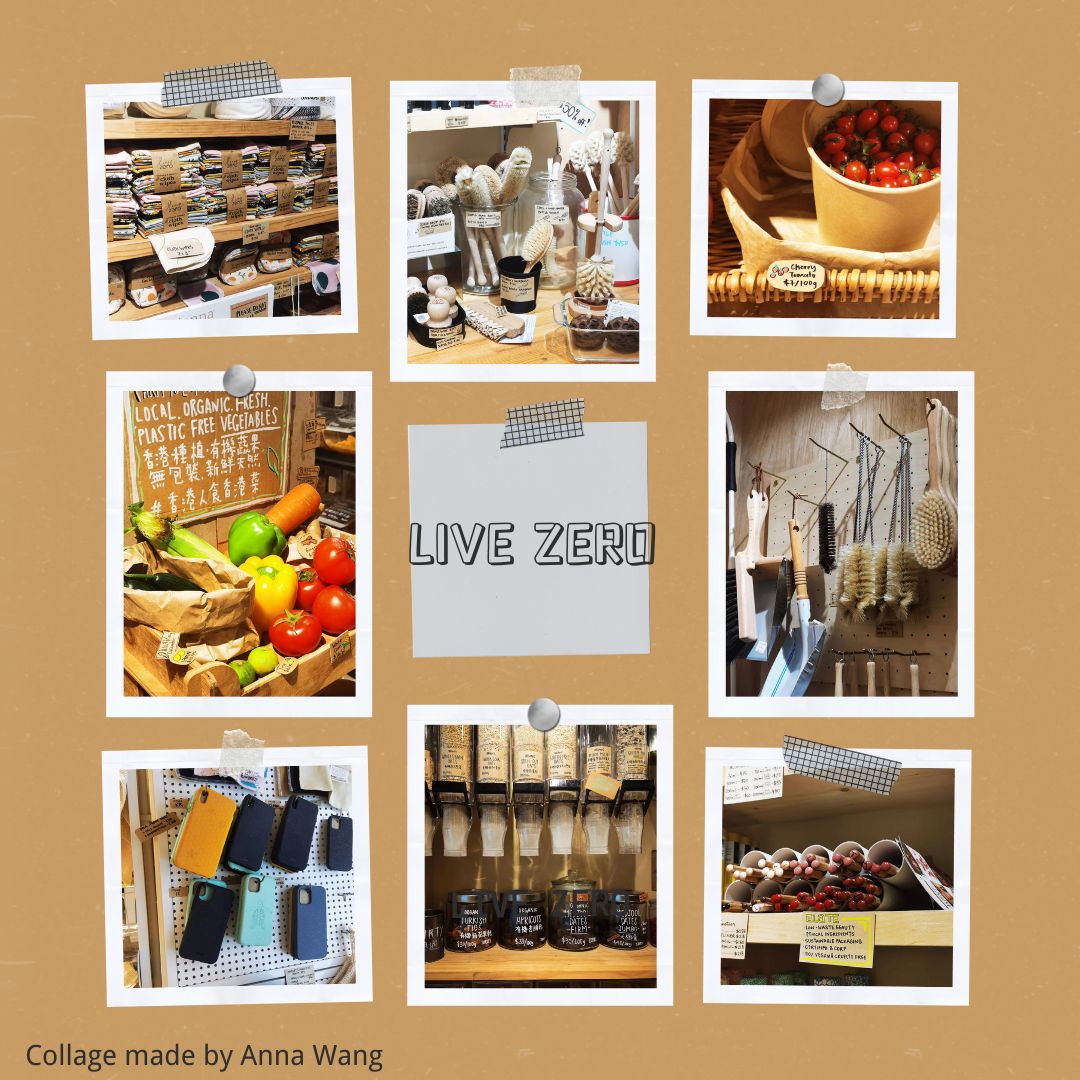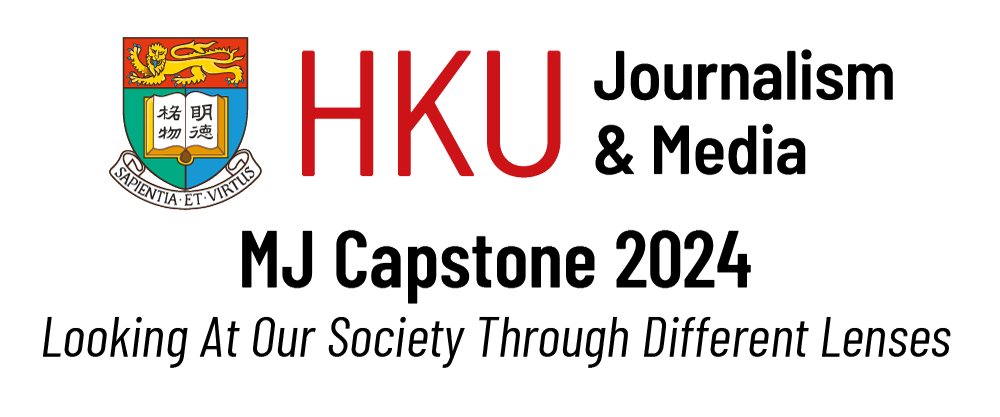Plastic Reduction
Hong Kongers Support New Anti-plastic Law with ReservationsThe Hong Kong government has introduced a Product Eco-responsibility (Amendment) Bill 2023 to reduce the use of plastic utensils and other plastic products, particularly single-use plastics.
The bill went into effect on April 22, 2024, but its implementation remains challenging for the general public, and even activists are skeptical about its feasibility.
Below are the banned plastic products under Hong Kong’s plastic reduction policy.
Vox Pop
Through vox pop interviews on the streets of Hong Kong, we found that many people are willing to respond to the plastic reduction policy, whether to protect the environment or avoid being fined.
However, at the same time, they also recognize that certain plastic products do make their lives easier.
Their reliance on plastic products would deter them from responding to the policy, making “plastic reduction” challenging.
Christy Gu, a 37-year-old office worker, says she prefers Ziplock plastic bags and plastic lunch boxes as they are “lighter”. The cheap cost is also what attracts her to plastic products, she says. As for the new policy, she believes it won’t make much of a difference. “I can understand banning plastic bags, but I don’t think cotton buds should be banned as well – I need cotton swabs to clean my ears,” she said.
Daniel Zhao, a businessman in his mid-50s, said he uses plastic bottles on a daily basis as he has a newborn. Instead of using silicone alternatives, Zhao explains there’s also bottles that are heat resistant and frequently advertised as good products. As a law-abiding citizen, he says he’ll “definitely” respond to the policy as he doesn’t want to be fined.
Adina Brown, a 21-year-old student, said she always travels with shampoo, body wash, body lotion, face wash, etc. Small plastic jars she got from Japanese shops allow her to take all these liquids and keep her bag light.
He Weishan, a student from City University of Hong Kong, said that she is a plastic phone case user. She did not get a silicone phone case as silicone phone cases do not dissipate heat very well, especially in summer times, compared to plastic ones.
Microplastics

Microplastic composite image on a finger. By Anna Wang HKU Journalism
A person could be consuming and ingesting around five grams, or a credit card’s worth of plastic every week, according to a University of Newcastle 2019 study.
The study further shows that over a third of plastics ends up in our environment, amounting to 100 million metric tons of plastic waste in just the year of 2016 alone. Most of these waste are mismanaged, according to WWF, which are then leaked and become plastic pollution.
If things remain the same, said the organization, then the ocean will have “one metric ton of plastic for every three metric tons of fish by 2025.”
Whilst the longterm effects of consuming microplastics for humans are yet to be seen, among marine animals, digesting these plastics could lead to respiratory failure, and, in turn, premature death.
WWF calls on governments to develop effective extended producer responsibility laws as a policy mechanism for all plastics-producing industries to ensure that companies take greater responsibility for collecting, reducing, recycling and managing plastic waste generated in their trade chains.
Wong Kam-sing

“Plastic banning is a global trend. It’s supported by different countries, including China. The ‘4-2-2’ Earth Day could be a good day. It could be the theme of this year’s Earth Day, which is patent versus plastics. So if Hong Kong takes this day as the launch day of our policies, it echoes the global movement.”
“We understand that this particular type of waste(single-use plastics), even though it accounts for about 20% of Hong Kong’s municipal solid waste at landfills, but in terms of its environmental impacts, it could be significant, particularly causing marine plastic pollution, etc. That would affect the marine biodiversity, including our seafood, and ultimately affect public health.”
“Hong Kong was a pioneer in reducing single-use plastics in Asia. It was one of the leading cities to charge 50 cents for plastic shopping bags. At that time, it was controversial, because plastic shopping bags were free for the public when they went shopping, right? So at that time, Hong Kong started to implement the plastic shopping bag charging scheme at supermarkets and chain stores. Immediately, that changed people’s behavior.”
In the interview, Wong Ka-sing also mentioned the dangers of plastics to the ocean, marine life, and human health.
He is optimistic about the plastic reduction policy enacted in Hong Kong and believes it can effectively regulate public behaviour.
However, the current plastic reduction policy still needs improvement. While it prohibits the sale and use of plastic products in Hong Kong, plastic products from overseas can still be imported into Hong Kong by air. Therefore, whether the policy will effectively reduce plastics remains to be seen.
Reducing the use of plastic in our lives is tricky due to its ubiquitousness. Besides, it’s hard to find alternatives.
Plastics in a Day
James Marlow-Smith
James Marlow-Smith was also skeptical of the plastic reduction policy in the interview.
He believes raising people’s environmental awareness through education would be more effective than enacting a plastic reduction policy.
He also mentioned that using alternatives to plastic products would be an excellent way to reduce plastic.
Looking at a grocery store on Queen’s Road West, we found few customers in front of these plastic alternatives. Yet, the plastic products were almost ransacked, with very few items left.
Many environmentalists in Hong Kong are committed to plastic reduction, and Live Zero’s store sells non-plastic handmade products such as cosmetics, menstrual cups, cell phone cases, and brushes.

Despite the introduction of a plastic reduction policy in Hong Kong, which aims to limit the sale and usage of certain plastics and is a step in the right direction, there are numerous challenges in implementing this initiative.
The general public continues to be heavily dependent on plastic products, and experts have expressed concerns about the difficulties associated with reducing plastic usage, saying that it only looks good on paper.
Although plastic reduction still faces numerous obstacles, the implementation of the policy is indicative of the Hong Kong Government’s prioritization of environmental protection. Plastic reduction is a project that requires sustained effort over the long-term, and any small contribution made along the way remains significant.
Plastic Reduction Capstone Project by Veronica Lin and Anna Wang.
